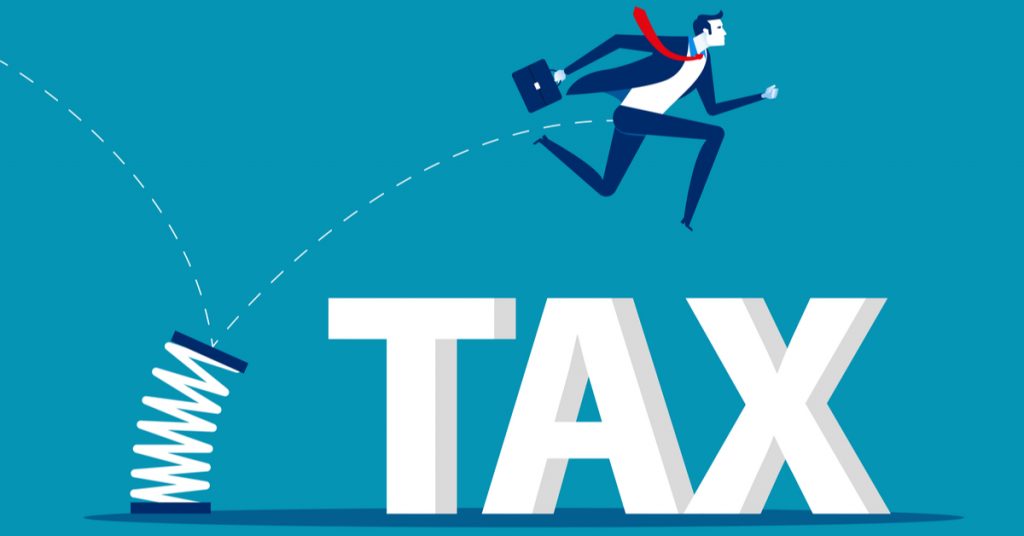What is the Importance Of Tax Exempt Organization Search (TEOS)?

The IRS provides certain provisions to reduce the tax burden on taxpayers if they make certain contributions to non-profit organizations, and specifically, charitable organizations, which are usually exempt from taxes.
If you’re an employer or a business owner and want to make a small donation to a charitable institution, ensure that the said charitable institution or organization is tax-exempt per the IRS records.
A simple tax-exempt org. search protocol allows you to check if the organization is tax-exempt. This enables you to figure out if your contributions will reduce your tax burden.
The following will allow you to understand the “tax-exempt” status of an organization, its implications on your tax burden, and steps to check the tax-exempt status of an organization.
What Does “Tax-exempt” Mean?
‘Tax-exempt’ is a simple term used to define if an organization is exempt from taxes. Most charitable institutions and organizations are exempt from taxes under the federal tax regime.
When is an organization “tax-exempt?
The IRS recognizes an organization as “tax-exempt” if it meets the requirements specified in the Internal Revenue Code Section 501(c) (3). A tax-exempt organization could be a charitable organization, a private foundation, or even a religious organization founded, organized, and operated for exclusive purposes.
How to look up tax-exempt organizations?
You can check if an organization is exempt from federal income taxes by checking the organization’s details against the IRS Tax Exempt Organization Search tool. Information, such as the name of the organization, EIN, and other details are required to conduct this check.
Why do you need the IRS Tax-Exempt Org. Search Tool?
IRS Tax Exempt Organization Search tool is a database that exclusively lists all tax-exempt organizations in the U.S. By checking an organization’s details against this database, you can validate if the organization is recognized by the IRS as tax-exempt. And if it is, indeed, a tax-exempt organization, you can check the status of such an organization and figure out the tax regime.
Where can you check the tax-exempt status of an organization?
The IRS gathers the data of all tax-exempt organizations and banks all the information in the IRS Tax Exempt Organization Search database, where taxpayers can check the tax-exempt status of organizations.
However, the IRS may release the bulk data at timed intervals, making it hard for businesses to search and find the real-time tax-exempt status of organizations. And let’s not forget that the IRS can automatically revoke the tax-exempt status of an organization at its own discretion under certain conditions, making it even harder to check the real-time tax-exempt status of an organization.
Compliancely’s real-time tax-exempt org. search
Compliancely’s real-time tax-exempt organization search tool allows you to validate the real-time results tax-exempt status of the organizations.
For example, if you’re planning on making monthly contributions to a cause that you support, you can make the donations after verifying the tax-exempt status of the entity.
Compliancely’s real-time tax-exempt organization search tool enables the following:
- Verify if the IRS recognizes the organization as tax-exempt
- Check the real-time tax-exempt status of the organization
- Ascertains in determining if your gross income can be subject to a tax deduction as specified in the IRC Section 501(c) (3).

